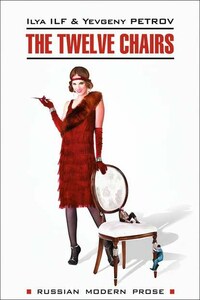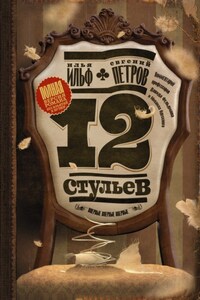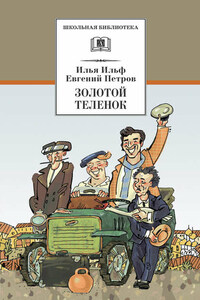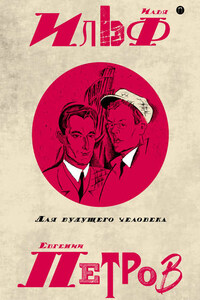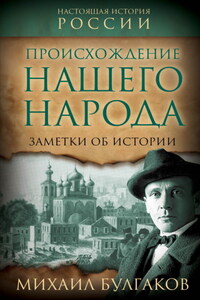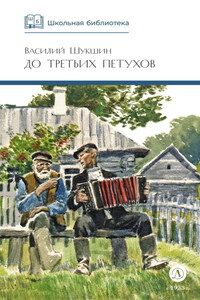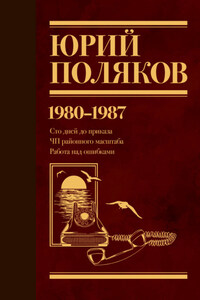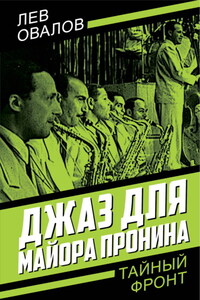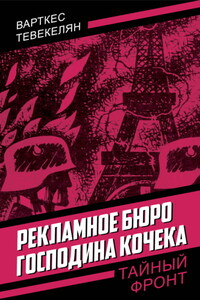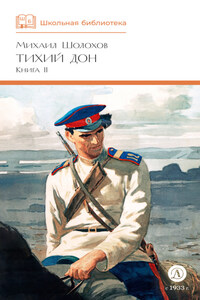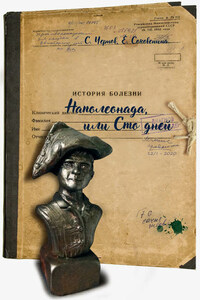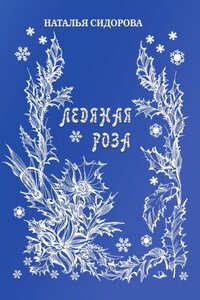Сhapter One. Bezenchuk and the Nymphs
There were so many hairdressing establishments and funeral homes in the regional centre of N. that the inhabitants seemed to be born merely in order to have a shave, get their hair cut, freshen up their heads with toilet water and then die. In actual fact, people came into the world, shaved, and died rather rarely in the regional centre of N. Life in N. was extremely quiet. The spring evenings were delightful, the mud glistened like anthracite in the light of the moon, and all the young men of the town were so much in love with the secretary of the communal-service workers' local committee that she found difficulty in collecting their subscriptions.
Matters of life and death did not worry Ippolit Matveyevich Vorobyaninov, although by the nature of his work he dealt with them from nine till five every day, with a half-hour break for lunch.
Each morning, having drunk his ration of hot milk brought to him by Claudia Ivanovna in a streaky frosted-glass tumbler, he left the dingy little house and went outside into the vast street bathed in weird spring sunlight; it was called Comrade Gubernsky Street. It was the nicest kind of street you can find in regional centres. On the left you could see the coffins of the Nymph Funeral Home glittering with silver through undulating green-glass panes. On the right, the dusty, plain oak coffins of Bezenchuk, the undertaker, reclined sadly behind small windows from which the putty was peeling off. Further up, «Master Barber Pierre and Constantine» promised customers a «manicure» and «home curlings». Still further on was a hotel with a hairdresser's, and beyond it a large open space in which a straw-coloured calf stood tenderly licking the rusty sign propped up against a solitary gateway. The sign read: Do-Us-the-Honour Funeral Home.
Although there were many funeral homes, their clientele was not wealthy. The Do-Us-the-Honour had gone broke three years before Ippolit Matveyevich settled in the town of N., while Bezenchuk drank like a fish and had once tried to pawn his best sample coffin.
People rarely died in the town of N. Ippolit Matveyevich knew this better than anyone because he worked in the registry office, where he was in charge of the registration of deaths and marriages.
The desk at which Ippolit Matveyevich worked resembled an ancient gravestone. The left-hand corner had been eaten away by rats. Its wobbly legs quivered under the weight of bulging tobacco-coloured files of notes, which could provide any required information on the origins of the town inhabitants and the family trees that had grown up in the barren regional soil.
On Friday, April 15, 1927, Ippolit Matveyevich woke up as usual at half past seven and immediately slipped on to his nose an old-fashioned pince-nez with a gold nosepiece. He did not wear glasses. At one time, deciding that it was not hygienic to wear pince-nez, he went to the optician and bought himself a pair of frameless spectacles with gold-plated sidepieces. He liked the spectacles from the very first, but his wife (this was shortly before she died) found that they made him look the spitting image of Milyukov, and he gave them to the man who cleaned the yard. Although he was not shortsighted, the fellow grew accustomed to the glasses and enjoyed wearing them.
«Bonjour!» sang Ippolit Matveyevich to himself as he lowered his legs from the bed. «Bonjour» showed that he had woken up in a. good humour. If he said «Guten Morgen» on awakening, it usually meant that his liver was playing tricks, that it was no joke being fifty-two, and that the weather was damp at the time.
Ippolit Matveyevich thrust his legs into pre-revolutionary trousers, tied the ribbons around his ankles, and pulled on short, soft-leather boots with narrow, square toes. Five minutes later he was neatly arrayed in a yellow waistcoat decorated with small silver stars and a lustrous silk jacket that reflected the colours of the rainbow as it caught the light. Wiping away the drops of water still clinging to his grey hairs after his ablutions, Ippolit Matveyevich fiercely wiggled his moustache, hesitantly felt his bristly chin, gave his close-cropped silvery hair a brush and, then, smiling politely, went toward his mother-in-law, Claudia Ivanovna, who had just come into the room.
«Eppole-et», she thundered, «I had a bad dream last night».
The word «dream» was pronounced with a French «r».
Ippolit Matveyevich looked his mother-in-law up and down. He was six feet two inches tall, and from that height it was easy for him to look down on his mother-in-law with a certain contempt.
Claudia Ivanovna continued: «I dreamed of the deceased Marie with her hair down, and wearing a golden sash».
The iron lamp with its chain and dusty glass toys all vibrated at the rumble of Claudia Ivanovna's voice. «I am very disturbed. I fear something may happen». These last words were uttered with such force that the square of bristling hair on Ippolit Matveyevich's head moved in different directions. He wrinkled up his face and said slowly:
